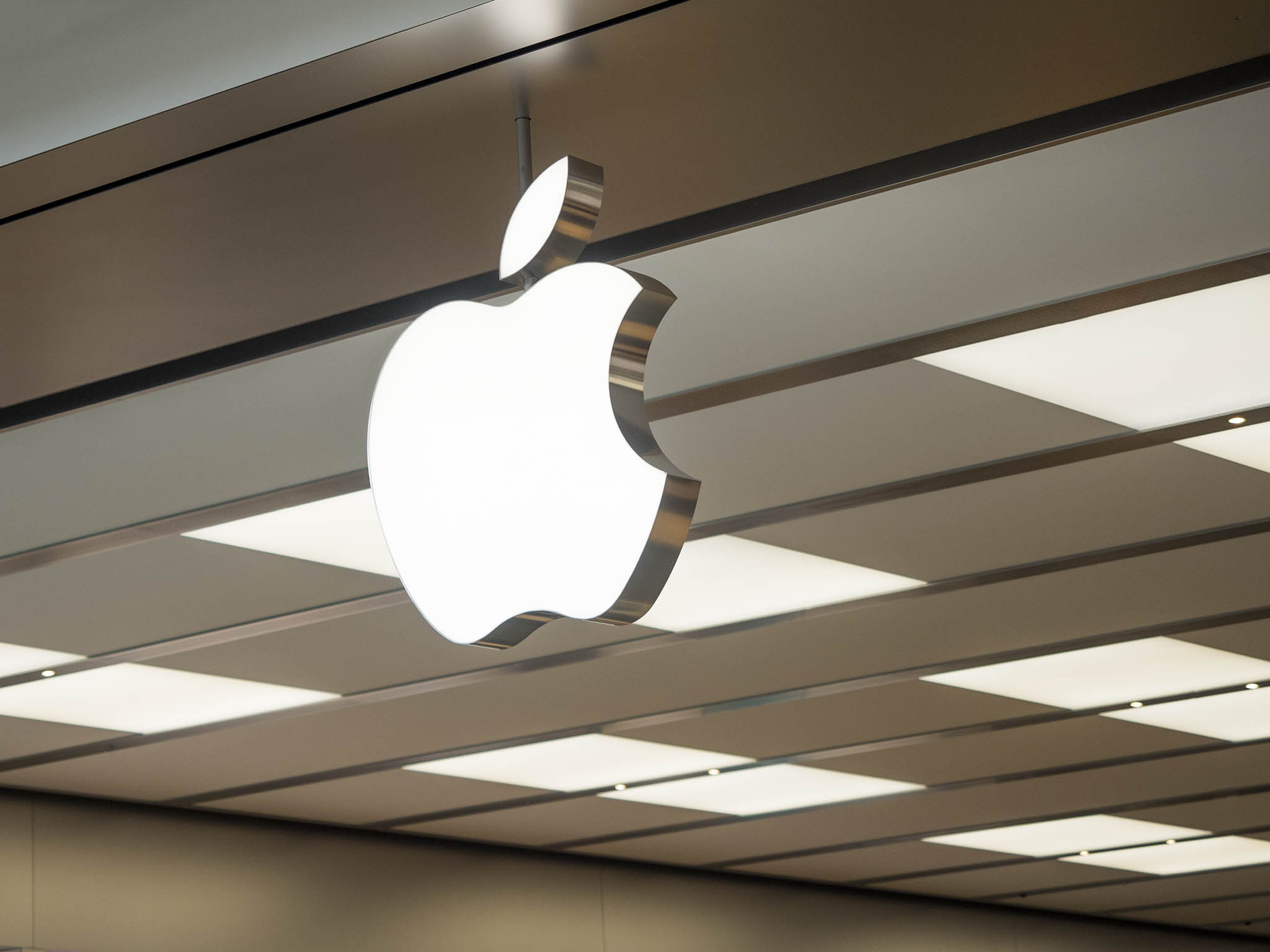Apple's lawsuit against former chip lead could have implications for startups

What you need to know
- Apple is suing a former chip lead after he left to start a new company.
- The chip company also hired former Apple employees.
- If Apple wins the suit it could prevent people from planning startups while employed.
We've been following Apple's lawsuit against Nuvia co-founder Gerard Williams III for a few weeks, but while this could be hugely damaging for Williams and his company, a negative outcome could also affect startup culture as a whole.
That's because, as Reuters notes, if Williams and his attorneys are unable to win out it could prevent people planning startups while they're still employed.
We need to back up a bit in order to explain, though.
The main issue that Apple has with Nuvia is that Williams allegedly spent his time planning the company during working hours while employed by Apple. He is also accused of tapping up employees while there, too.
Apple sued Williams in August, alleging that he breached an intellectual property agreement and a duty of loyalty to the company by planning his new startup while on company time at Apple, spending hours on the phone with colleagues who eventually joined the venture.
It's important to note that Apple isn't currently going after Nuvia or any of its other co-founders. It's just Williams, and it's because he planned Nuvia while employed by the company.
But the issue here is what appears to essentially be how Silicon Valley works. And Reuters uses Intel as a prime example of that.
California's long-held public policy favors employee mobility in contrast to states that allow strong non-compete agreements. That stance allowed for the "traitorous eight" who left their jobs at Shockley Semiconductor Laboratory for a rival in the late 1950s and who eventually spawned dozens of companies, including Intel Corp (INTC.O).
According to a prominent attorney, things aren't particularly clear when it comes to the law, even in San Francisco.
iMore offers spot-on advice and guidance from our team of experts, with decades of Apple device experience to lean on. Learn more with iMore!
Even in California, there are limits, said Cliff Palefsky, a prominent San Francisco-based employment attorney. Workers can lay some plans for a competitor on their own time, but recruiting fellow employees on company time "gets a little dicey."
As we recently reported, a judge in charge of an attempt by Williams to have the suit tossed out of court has already suggested that employees can't use an employer's time to plan a new venture.
In a tentative ruling rejecting his request to toss the suit, Santa Clara County Superior Court Judge Mark Pierce said the law doesn't permit an employee "to plan and prepare to create a competitive enterprise prior to termination if the employee does so on their employer's time and with the employer's resources."
What all that amounts to is a complicated state of affairs. And one that could potentially change how Silicon Valley functions at a time where people seemingly set up new startups more often than they eat avocado on toast.

Oliver Haslam has written about Apple and the wider technology business for more than a decade with bylines on How-To Geek, PC Mag, iDownloadBlog, and many more. He has also been published in print for Macworld, including cover stories. At iMore, Oliver is involved in daily news coverage and, not being short of opinions, has been known to 'explain' those thoughts in more detail, too.
Having grown up using PCs and spending far too much money on graphics card and flashy RAM, Oliver switched to the Mac with a G5 iMac and hasn't looked back. Since then he's seen the growth of the smartphone world, backed by iPhone, and new product categories come and go. Current expertise includes iOS, macOS, streaming services, and pretty much anything that has a battery or plugs into a wall. Oliver also covers mobile gaming for iMore, with Apple Arcade a particular focus. He's been gaming since the Atari 2600 days and still struggles to comprehend the fact he can play console quality titles on his pocket computer.
